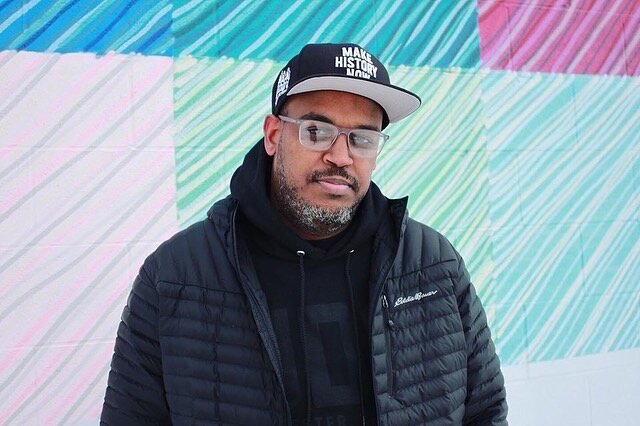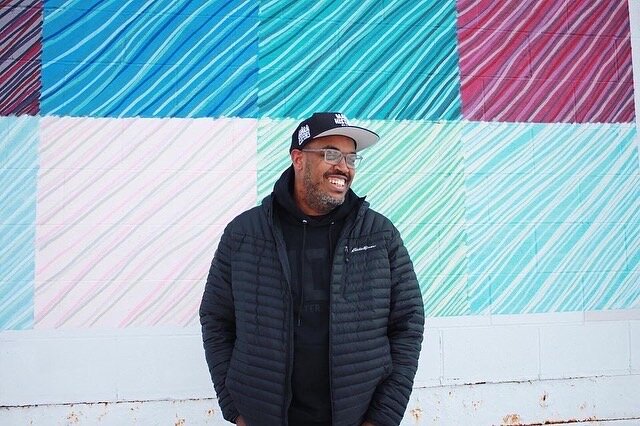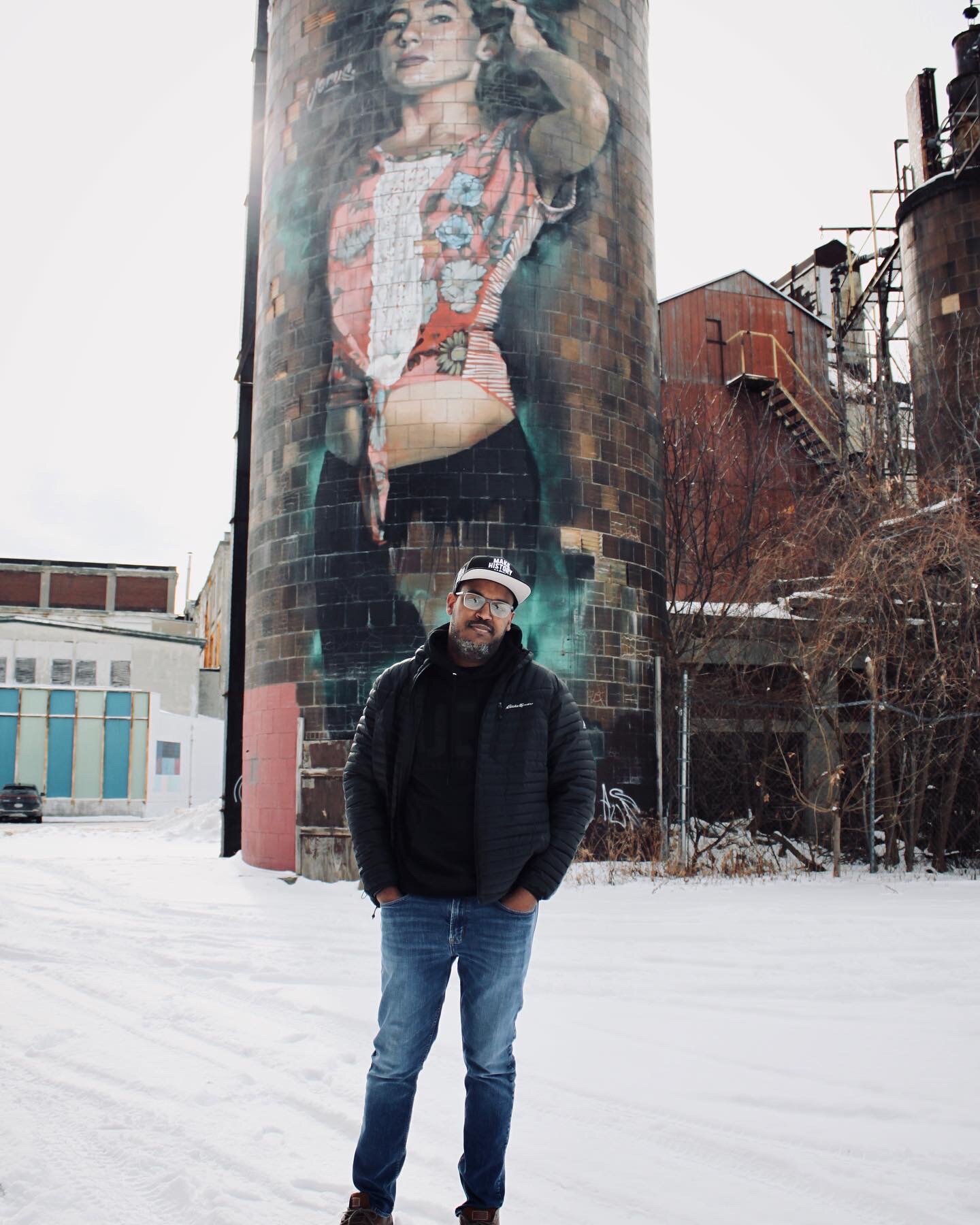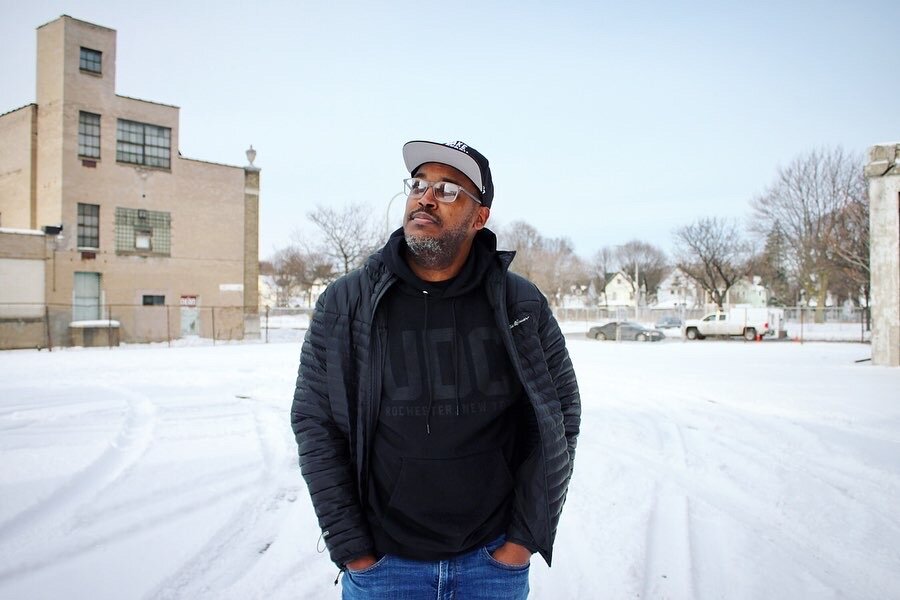Quajay Donnell
“As people took to the streets in protest, especially last summer, I found myself leaning into photography more as my way to process and communicate my own feelings and thoughts. I captured moments of protest art, where people spoke through their protest signs or in physical spaces throughout our community. Being Black in America is something I’m always thinking about, and definitely impacts my anxiety. When I read or hear a story, I think, “Am I next?” Mental health should not be a death sentence.”
NAMI: Have you ever struggled with your mental health? How did you heal and grow from your experiences?
Quajay: I sometimes deal with increased anxiety. It took me a long time to get to [therapy], because I think there’s a stigma in the Black community about seeking support and therapy, but speaking with a therapist over time has been very beneficial. Before I entered that room, I thought I’d be judged or looked at negatively, but it was more like a conversation, and that impartial voice became very necessary. I also now know that therapy is always an option and choice, when I need it. Having a therapist or someone trained and impartial is paramount to recovery or the road to recovery.
NAMI: How does art — specifically photography — improve or positively impact your mental health?
Quajay: Photography allows me to focus on the photograph I’m taking. Photographing and sharing public art created by others has become that vehicle. When it’s just me, my camera, and an incredible piece of public art, that’s where I’m focused. My mind doesn’t wander. In that moment, all I’m thinking about is how to frame and capture. Sharing and building relationships has been a beautiful bonus.
NAMI: It was an historic summer in Rochester — and beyond. You took some really moving photos during the Daniel Prude and BLM protests. How did all of that affect you mentally?
Quajay: When I think of Daniel Prude and George Floyd, I see myself as a Black man, my brothers and uncles. When I think of Tamir Rice and Elijah McClain, I see my sons and nephews. When I think of Breonna Taylor, I see my daughter, sisters, and nieces. America has this way of weaponizing the color of our skin and it’s unsettling. As people took to the streets in protest, especially last summer, I found myself leaning into photography more as my way to process and communicate my own feelings and thoughts. I captured moments of protest art, where people spoke through their protest signs or in physical spaces throughout our community. Being Black in America is something I’m always thinking about, and definitely impacts my anxiety. When I read or hear a story, I think, “Am I next?” Mental health should not be a death sentence.




